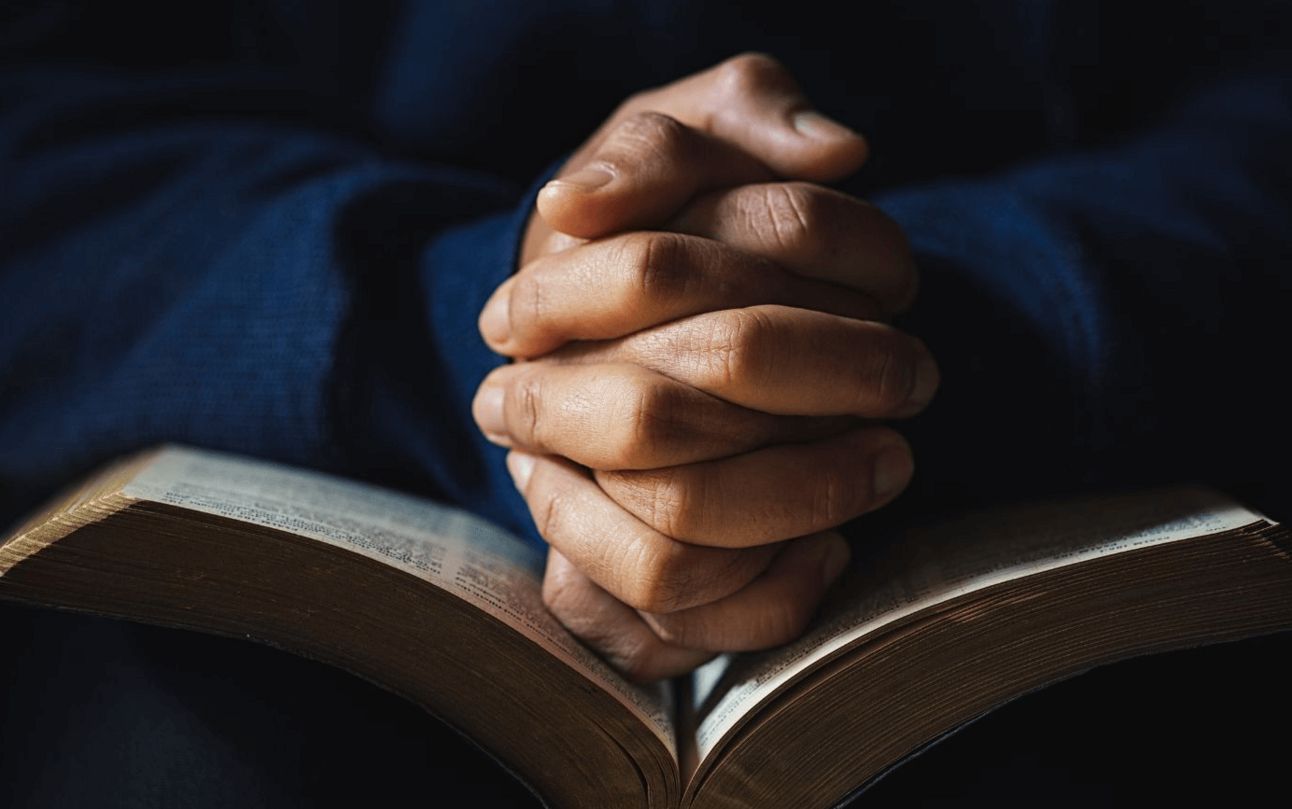- Faith Activist
- Posts
- Lifting Our Leaders in Prayer
Lifting Our Leaders in Prayer
Especially Those We Don’t Like.

Leadership often carries a weight that most of us can’t fully comprehend. The decisions of leaders especially political ones affect millions, yet they, too, are simply human, carrying fears, doubts, and vulnerabilities like anyone else. Scripture calls us to pray for our leaders, whether or not we agree with them. This is not merely a suggestion; it is a vital act of obedience and intercession that aligns with God’s will.
A Personal Encounter with Leadership
Years ago, I had the privilege of meeting President Barack Obama during a visit to Seattle. As a pastor, I wasn’t there in any official capacity, nor did I have a political agenda. I was introduced simply as “Eugene Cho,” leaving many to wonder why I was there.
During our brief interaction, I shared with President Obama that I regularly prayed for him. His response was striking:
Thank you, Eugene. I really appreciate that. Can you also please pray for my wife and children? Pray for their protection.”
In that moment, I saw not just a powerful political figure but a husband and father with genuine concerns for his family’s well-being. His gratitude reminded me of the profound importance of praying for our leaders not because of their power, but because they are people in desperate need of God’s grace and strength.
The Biblical Call to Pray for Leaders
Paul’s exhortation in 1 Timothy 2:1–4 leaves no room for hesitation:
I urge, then, first of all, that petitions, prayers, intercession and thanksgiving be made for all people for kings and all those in authority, that we may live peaceful and quiet lives in all godliness and holiness. This is good, and pleases God our Savior, who wants all people to be saved and to come to a knowledge of the truth.”
Praying for our leaders is not conditional on their policies, personalities, or political affiliations. It is an act of faith and obedience, trusting that God can guide and transform hearts, including those in authority.
Why We Hesitate to Pray for Certain Leaders
For many, praying for leaders they disagree with feels unnatural or even hypocritical. It’s tempting to quote imprecatory psalms like Psalm 109:8, hoping for the removal of a disliked leader. Yet this attitude undermines the heart of Christian intercession.
When we pray only for leaders we support, we make prayer a partisan act rather than an expression of faith in God’s sovereignty. True prayer transcends politics, seeking God’s will and wisdom for all who hold authority.
The Weight of Leadership
While most of us will never experience the scale of responsibility that national leaders bear, many of us have felt the pressures of leadership in smaller spheres—at work, in ministry, or even within our families. Leadership invites criticism, and the challenges can feel overwhelming.
During my years as a pastor, I faced harsh criticism and even threats following a controversial blog post. Though the scale was minuscule compared to national politics, the experience gave me a glimpse into the vulnerability leaders endure daily. Now, imagine the weight of those pressures magnified a hundredfold, with constant public scrutiny and personal attacks directed not only at you but also at your spouse and children.
When we recognize this reality, it becomes easier to approach God on behalf of our leaders with compassion, rather than resentment or indifference.
Praying for Leaders We Don’t Like
How do we pray for leaders when we struggle to respect or agree with them?
Pray for Wisdom and Guidance: Ask God to direct their decisions and grant them clarity in complex situations. Proverbs 21:1 reminds us, “The king’s heart is a stream of water in the hand of the Lord; he turns it wherever he will.”
Pray for Strength and Courage: Leadership often requires difficult decisions. Pray for leaders to act with conviction, integrity, and courage, even in the face of opposition.
Pray for Their Families: Leaders’ families often endure the pressures of public life alongside them. Pray for their safety, peace, and well-being.
Pray for Their Salvation: Ultimately, the most significant transformation any leader can experience is the saving grace of Jesus Christ. Pray that they encounter His truth and surrender to His lordship.
Pray for Unity and Peace: Regardless of our political preferences, we should desire unity and peace for our communities and nations. Ask God to work through leaders to bring about reconciliation and the common good.
Meeting President Obama reminded me of a profound truth: leaders, no matter how powerful, are human. They wrestle with doubts, fears, and the burden of responsibility, just as we do. This shared humanity compels us to pray not only for the leaders we admire but also for those we don’t.
As Abraham Lincoln famously said, “I have been driven to my knees many times by the overwhelming conviction that I had nowhere else to go.” The presidency or any leadership role has a way of exposing our dependence on God. Our prayers can be a source of strength and encouragement to those who lead, whether they realize it or not.
Conclusion
Praying for our leaders is not about endorsing their policies or excusing their shortcomings. It is about acknowledging God’s sovereignty and trusting Him to work through even the most flawed individuals.
Whether it’s the president of a nation, a local official, or anyone in authority, let us commit to praying for their wisdom, strength, and salvation. In doing so, we fulfill our biblical calling and reflect the heart of Christ, who intercedes for us all.
If this reflection has encouraged you, consider sharing it or subscribing to our newsletter for more insights on living a faith-filled life.
Reply